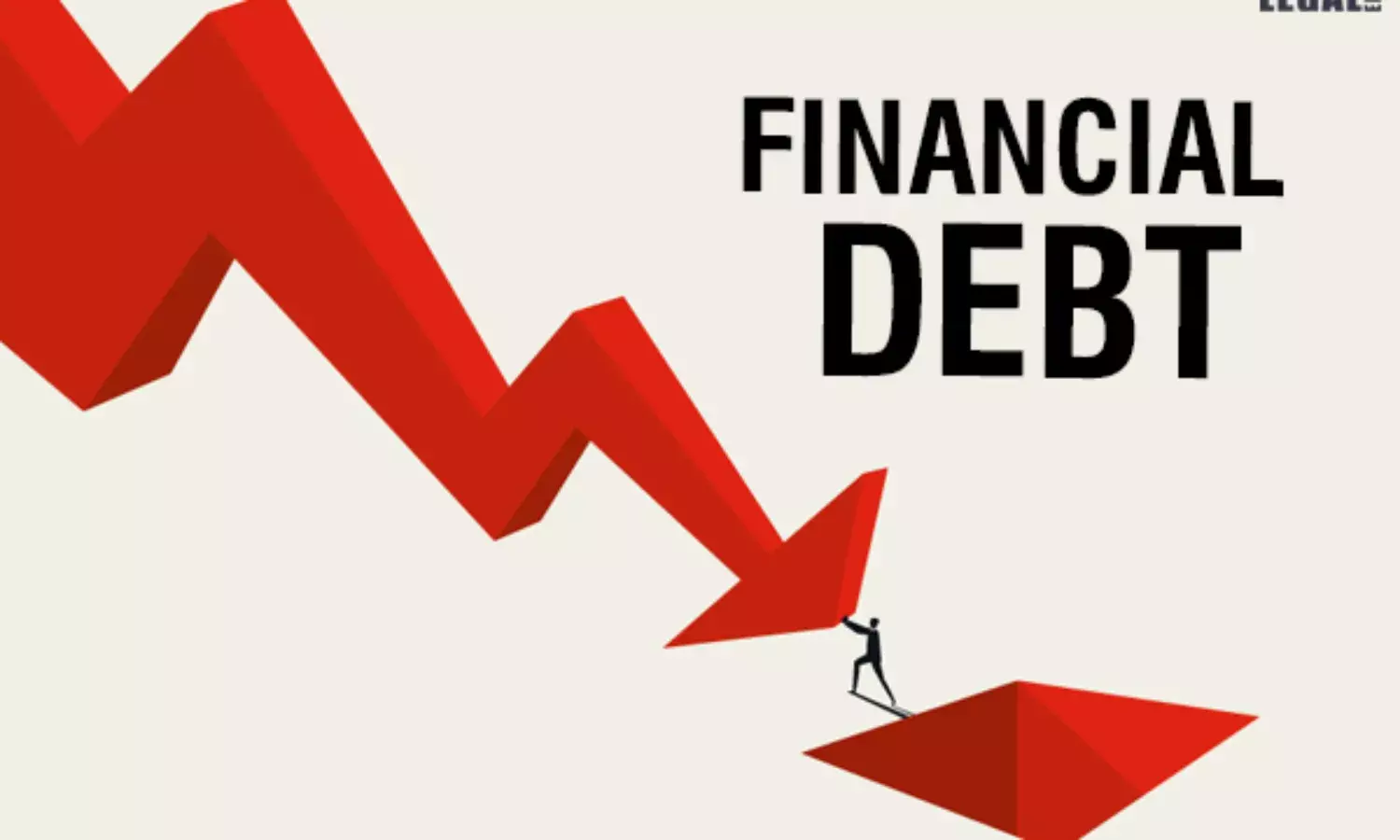NCLAT: Fund Infusion For Profit Generation Qualifies As Financial Debt Under IBC
The National Company Law Appellate Tribunal (NCLAT) New Delhi bench, comprising Justice Ashok Bhushan (Judicial Member);

NCLAT: Fund Infusion For Profit Generation Qualifies As Financial Debt Under IBC
The National Company Law Appellate Tribunal (NCLAT) New Delhi bench, comprising Justice Ashok Bhushan (Judicial Member) and Mr. Barun Mitra (Technical Member), has ruled that injecting funds into a corporate debtor with the intent of generating profits falls within the ambit of "financial debt" as defined under Section 5(8) of the Insolvency and Bankruptcy Code, 2016 (IBC). The tribunal further clarified that such transactions have the commercial effect of borrowing.
Adhunik Corporation Limited, the appellant, extended financial assistance to Shivam India Limited, the corporate debtor, to help operationalize its factory, which had shut down due to financial constraints and a lack of working capital. A fresh Memorandum of Agreement (MoA) was executed on June 23, 2020, extending the arrangement for five years. Under this agreement, Adhunik provided financial assistance of ₹27.85 crore to Shivam India Limited.
When the corporate debtor failed to repay, Adhunik filed an application under Section 7 of the IBC, citing October 11, 2021, as the date of default. However, the Adjudicating Authority dismissed the application on October 11, 2023, ruling that the amount in question did not qualify as financial debt and that Adhunik was not a financial creditor. Aggrieved by this decision, Adhunik appealed to the NCLAT.
Adhunik contended that the financial assistance provided to Shivam India Limited was meant to be repaid and that the unpaid amount exceeded the ₹1 crore threshold stipulated under Section 4 of the IBC. It also argued that the MoA allowed for the collection of sales commissions from finished product sales, indicating a commercial effect of borrowing and establishing a time value for money.
On the other hand, Shivam India Limited argued that Adhunik controlled both the company’s finances and the sale of its finished products, recovering its infused funds from sales proceeds. The respondent claimed that the collection of sales commission suggested a profit-sharing arrangement rather than a financial debt. Citing previous rulings, including Mukesh N. Desai vs. Piyush Patel, it was argued that a Section 7 application is not maintainable when an agreement involves reciprocal rights and obligations linked to profit-sharing.
Referring to Supreme Court precedents such as Orator Marketing Pvt. Ltd. vs. Samtex Desinz Pvt. Ltd. (2023) and Pioneer Urban Land & Infrastructure Ltd. vs. Union of India (2019), the NCLAT emphasized that for a debt to qualify as financial debt, there must be a disbursal, and this disbursal must be against consideration for the time value of money. The tribunal clarified that time value of money does not necessarily require an interest component and that the nature of the transaction is key in determining whether it constitutes financial debt.
Upon examining the MoA, the tribunal found sufficient evidence of fund disbursement by Adhunik to Shivam India Limited. It held that the absence of an explicit loan term in the MoA did not negate the financial nature of the transaction. Citing Orator (supra), the tribunal reiterated that even interest-free loans can be classified as financial debt under Section 5(8) of the IBC.
Further, it observed that time value of money encompasses any form of benefit accruing to the creditor as a return for the disbursed funds, not just direct interest payments. The right to collect sales commission was seen as a form of return, reinforcing the financial nature of the transaction.
The tribunal concluded that the fund infusion had a direct impact on the business of the corporate debtor and had the commercial effect of borrowing. Since the funds were infused with the expectation of generating profits, they fell under the definition of financial debt.
The NCLAT remanded the case to the Adjudicating Authority to determine whether the financial debt had crossed the threshold limit and was due and payable. Based on these findings, the authority would decide whether to admit or reject Adhunik’s Section 7 application.

